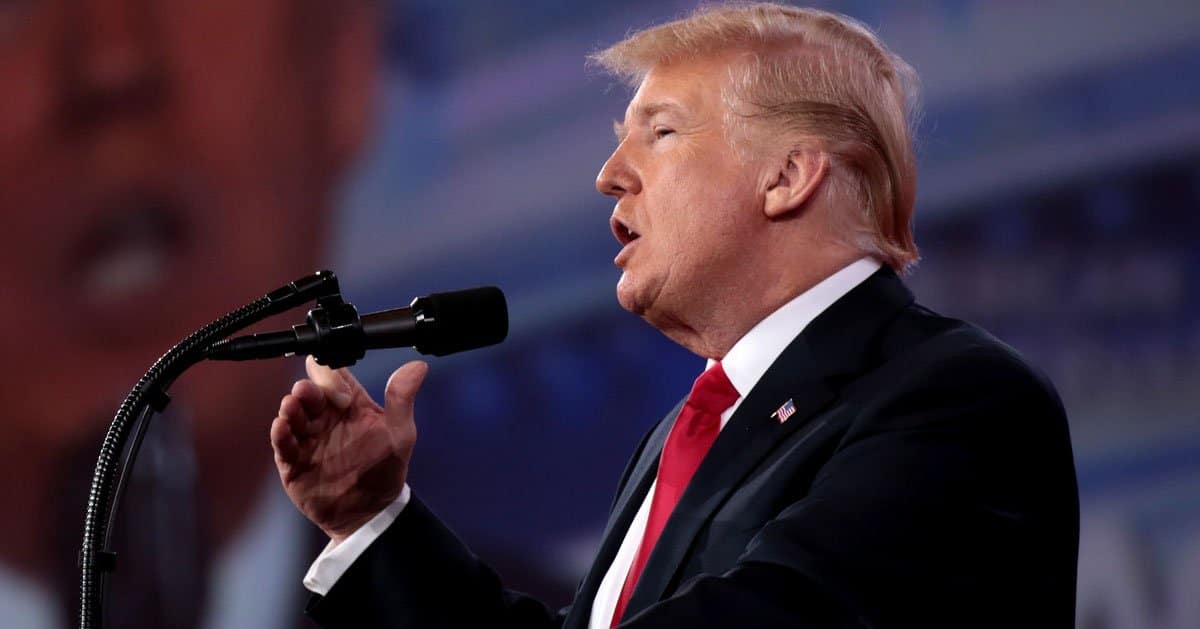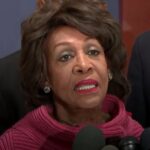






Pete Hegseth, President-elect Donald Trump's nominee for Defense Secretary, is encountering substantial challenges as Republican senators are scrutinizing allegations of misconduct that have surfaced against him.
The Hill reported that the allegations involve sexual misconduct, alcohol abuse, and mismanagement, casting uncertainty over Hegseth's confirmation and prompting his attempts to address senators' concerns.
On November 3, President-elect Trump announced Pete Hegseth as his nominee for Defense Secretary.
Since then, Hegseth, a former executive at nonprofit organizations and a Fox News contributor, has been embroiled in controversy. Reports from multiple media outlets have outlined a series of allegations against him, including incidents of sexual misconduct and alcohol abuse.
The New Yorker was first to report that Hegseth was compelled to resign from two nonprofit advocacy groups due to alleged financial mismanagement and inappropriate behavior. These revelations have raised questions regarding his capability to lead a major government department.
Additional reports have emerged about Hegseth's time at Fox News, where colleagues allegedly expressed worries about his drinking habits, as reported by NBC News.
Adding to the complexity, personal past allegations have re-emerged, such as accusations from a 2017 Republican event in California.
Although Hegseth maintains that the encounter was consensual, the allegations contribute to the contentiousness surrounding his nomination.
Amid these controversies, some senators have voiced their anxieties about confirming Hegseth. Sen. Lindsey Graham described the allegations as troubling, positing that Hegseth must address these issues openly.
Similarly, Republican Sen. Susan Collins has emphasized the necessity of an FBI background check and the importance of the Senate's regular committee processes, including public hearings.
On the other hand, support for Hegseth within the GOP is divided. While at least six Republican senators reportedly harbor doubts about Hegseth, others have rallied in his defense, citing his military background and leadership qualities as key assets. Some senators are focusing on continuous discussions with Hegseth to gain further clarity.
Senator Joni Ernst, for instance, has opted for a more personal approach, arranging a private session with Hegseth to deliberate on the allegations. She has expressed her intention to engage in a candid dialogue with him.
Meanwhile, Sen. Cynthia Lummis has defended Hegseth, acknowledging that while soldiers occasionally exhibit unruly behavior, she believes Hegseth is a capable leader needed during these uncertain times.
The nomination process for Hegseth as Defense Secretary is proving to be longer and more fraught with complications than those of predecessors. Senate members, whether for or against his appointment, are voicing varied opinions on the allegations.
Sen. Richard Blumenthal has articulated growing concerns regarding Hegseth’s suitability, suggesting that the available evidence paints him as unfit for the role. Blumenthal even hinted at potential whistleblower testimony further illuminating these issues.
In the face of these challenges, key Trump allies continue to support Hegseth. Trump's senior adviser, Jason Miller, remains optimistic about Hegseth's chances of confirmation, minimizing the concerns as typical of Washington’s political climate. Sen. John Cornyn echoed this sentiment, remarking that allegations of misconduct and excessive drinking are not unprecedented in D.C.
However, the uncertainty is evident within the Republican ranks. Hegseth is actively engaging with lawmakers, attempting to secure their backing. Though Sens. Budd and Schmitt have shown their support, Sen. Risch has yet to declare his position on the matter.
Meanwhile, Sen. Tommy Tuberville, through an op-ed on the social media platform X, has praised Hegseth for his independence from the so-called Military-Industrial Complex, declaring that he would bring necessary reforms to the Department of Defense.
This ongoing deliberation process is allowing more time for criticisms to emerge, complicating Hegseth’s path to confirmation.
Aaron M. Kessler, a political analyst, suggests that the longer timeline could potentially sway undecided senators or even lead to additional allegations.
The complex dynamics surrounding Hegseth’s nomination underscore the divisions within the GOP as they navigate the conflicting perspectives on his candidacy.
Moving forward, the outcome of this nomination remains a significant point of interest, with Hegseth's ability to address and overcome the mounting allegations being of utmost importance. As Hegseth continues his discussions with Senate members, the tension between endorsement and condemnation is likely to persist in the days ahead.

